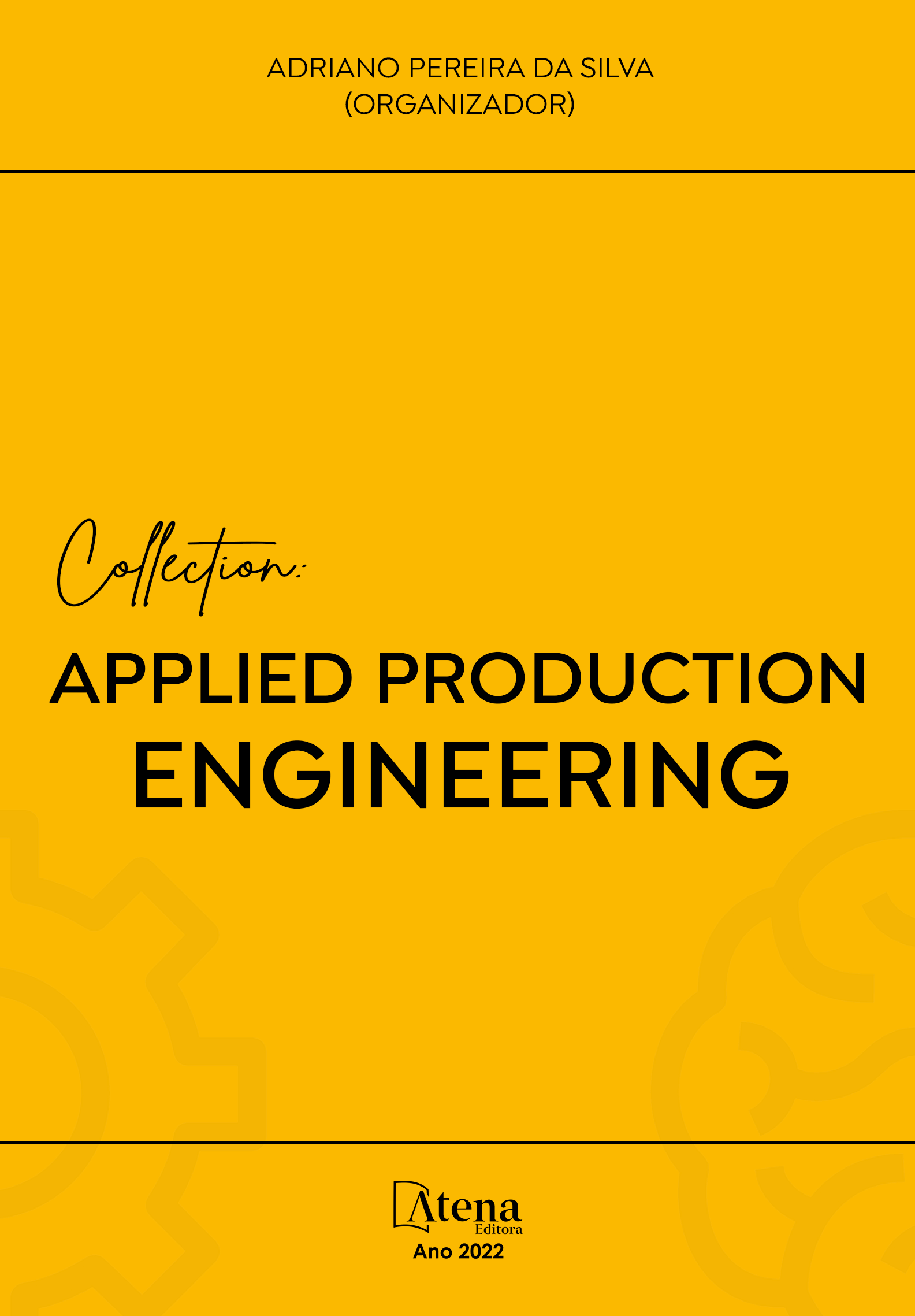
ANÁLISE DOS IMPACTOS AMBIENTAIS E DO PROCESSO DE RECICLAGEM DE FIBRAS ASSOCIADAS À CADEIA PRODUTIVA DO JEANS (DENIM) PELA AVALIAÇÃO DO CICLO DE VIDA
Na atual situação mundial, na qual há uma elevada produção de novos produtos pelas organizações para atender o consumo de seus clientes, é imprescindível o estudo de estratégias que visem a sustentabilidade, com o objetivo de diminuir os impactos ambientais gerados pela exploração dos recursos naturais. Uma dessas organizações que precisam ser avaliadas é a indústria têxtil, sendo considerada um dos ramos mais poluidores do século, pois demanda muita energia na produção e transporte de seus produtos, polui o ar com emissão de gases, as águas com as químicas usadas nos beneficiamentos, tingimentos e irrigação de plantações, e o solo com pesticidas de alta toxidade. Esse estudo trará maior foco no jeans (denim), desde a extração da fibra até o acabamento da peça confeccionada, com escopo de aplicação metodológica ‘berço ao portão da fábrica’, e avaliar as metodologias de reciclagem das fibras do tecido. O Brasil, além de ser considerado a maior cadeia têxtil do Ocidente, é o quinto maior produtor e consumidor de denim do mundo, o que justifica a importância dessa pesquisa. O estudo em questão realizará levantamentos da Avaliação do Ciclo de Vida do setor têxtil seguindo as normas da ABNT 14040 e 14044, além de estudar a circularidade da economia em conjunto ao mesmo, analisando o impacto ambiental desde a extração de matéria prima até a saída do portão (cradle to gate). Serão estudadas as fases de definição de objetivo e escopo, análise de inventário, avaliação de impactos e interpretação. Ademais, serão desenvolvidas discussões e uma conclusão onde serão analisados os impactos gerados pela fabricação de peças jeans ao longo da cadeia produtiva.
ANÁLISE DOS IMPACTOS AMBIENTAIS E DO PROCESSO DE RECICLAGEM DE FIBRAS ASSOCIADAS À CADEIA PRODUTIVA DO JEANS (DENIM) PELA AVALIAÇÃO DO CICLO DE VIDA
-
DOI: 10.22533/at.ed.3562210011
-
Palavras-chave: Avaliação do Ciclo de Vida; Setor Têxtil; Jeans.
-
Keywords: Life Cycle Assessment; Textile Sector; Jeans.
-
Abstract:
In the current global situation, in which there is a high production of new products by organizations to meet the consumption of their customers, it is essential to study strategies aimed at sustainability, in order to reduce the environmental impacts generated by the exploitation of natural resources. One of these organizations that needs to be evaluated is the textile industry, being considered one of the most polluting industries of the century, because it demands a lot of energy in the production and transportation of its products, pollutes the air with gas emissions, pollutes the water with chemicals used in processing, dyeing, and irrigation of crops, and pollutes the soil with highly toxic pesticides. This study will focus on denim, from the extraction of the fiber to the finishing of the garment, with the scope of the 'cradle to factory gate' methodological application, and evaluate the methodologies for recycling of the fabric fibers. Besides being considered the largest textile chain in the West, Brazil is the fifth largest producer and consumer of denim in the world, which justifies the importance of this research. The study in question will conduct surveys of the Life Cycle Assessment of the textile sector following the ABNT 14040 and 14044 standards, in addition to studying the circularity of the economy in conjunction with it, analyzing the environmental impact from the extraction of raw materials to the cradle to gate. The phases of objective and scope definition, inventory analysis, impact assessment, and interpretation will be studied. Furthermore, discussions and a conclusion will be developed where the impacts generated by the manufacture of jeans along the production chain will be analyzed.
-
Número de páginas: 18
- Aldo Roberto Ometto
- Lucas Rener Cavioli


